_1.jpg)
If I had to emphasize one thing is that the development policies and our method of work have been subjected to numerous changes in the past years of my tenure. For example, at the beginning of my term, we were still using phrases like 'giver-receiver', as well as 'developing countries', etc. However, since then we have managed to adjust to the needs of our partner countries, having on mind the reality of their challenges. We have created modern and innovative partnerships with governments, civil societies, and companies, and during that time each of the actors had its role in improvement. By using new financial tools we have managed to demonstrate how development politics and international cooperation can be crucial in the current diplomacy, especially in regards to the European role on the global stage.
The new outlook on development policies has started to show in the early stage of my term when we were still setting a framework for transferring from Millenial development goals to the period Sustainable development goals. For the first time ever, we could have talked about real global sustainability which was formed with everybody, and refers to everybody. In 2018, we have formed the common EU strategy in the form of the European Development Consensus, and we have managed to adjust our goals entirely with Sustainable development goals.
Wanting to reach a wider scope of participants, our partnership with the private sector has shown as a key instrument for improving our traditional development assistance, especially for the poorest and the most vulnerable countries. I am glad to see the results of the new policy approach in practice. By European foreign investment plan, we have managed to increase private investments and the growth of small enterprises, but we have also managed to set a long-term framework for positive image for investing in Africa and neighboring countries. There is a hope that such a Plan could expand in the future from Africa to other geographic locations, which would represent a great endeavor with a potential budget increase in the future MFF.
Emphasizing the positive potential of the African continent, especially in terms of investment, business and growth have been a big part of my job in recent years. We have spent too much time being wrong when referring to Africa as a continent of instability, poverty and illegal migrations. That is exactly why we have chosen to reject a relationship based on dependence in favor of the partnership of the equals. In that regard, the key role was given to the Africa Alliance, launched in 2018, which has contributed greatly to the improvement of strong economic partnership between the continents beneficial for all of our citizens.
With all of our intentions for creating modern partnerships, my permanent contribution in all 5 years as a Commissioner has been to support our multilateral system based on a certain set of rules. Values such as openness, solidarity, and partnership are lately being questioned in favor of populism and nationalism. Multilateralism is a part of the EU's DNA, but the exposure towards growing threats is weakening the ability of the international community to reach consensus on global challenges.
On last year's UN General Assembly, alongside the Deputy Secretary-General Amina J. Mohammed, I have presented the improved vision which is supposed to enforce partnership between UN and EU, especially in regards to development policies. In that context, I am especially proud of the results of the Spotlight Initiative and its impact on multilateralism. It is considered to be one of the leading initiatives which are trying to stop all forms of violence against women and little girls through regional programs and targeted investments. We cannot extort poverty and ensure sustainable development for all if women and girls are not protected from domestic violence, and if they are not capable to make their own choices.
The last period has, without a doubt, been very exciting for EU's development policies, as well as for our relationships with partner states. Being a Croatian Commissioner, I wanted to distance myself from the wrong interpretation of the term 'development policy' which used to be linked to the relationship of 'giver-receiver' from the past. However, we have managed to keep our word in regards to poverty extortion while having on mind wider foreign policies interest in a globalized and multipolar world that keeps on changing.






Komentari
0